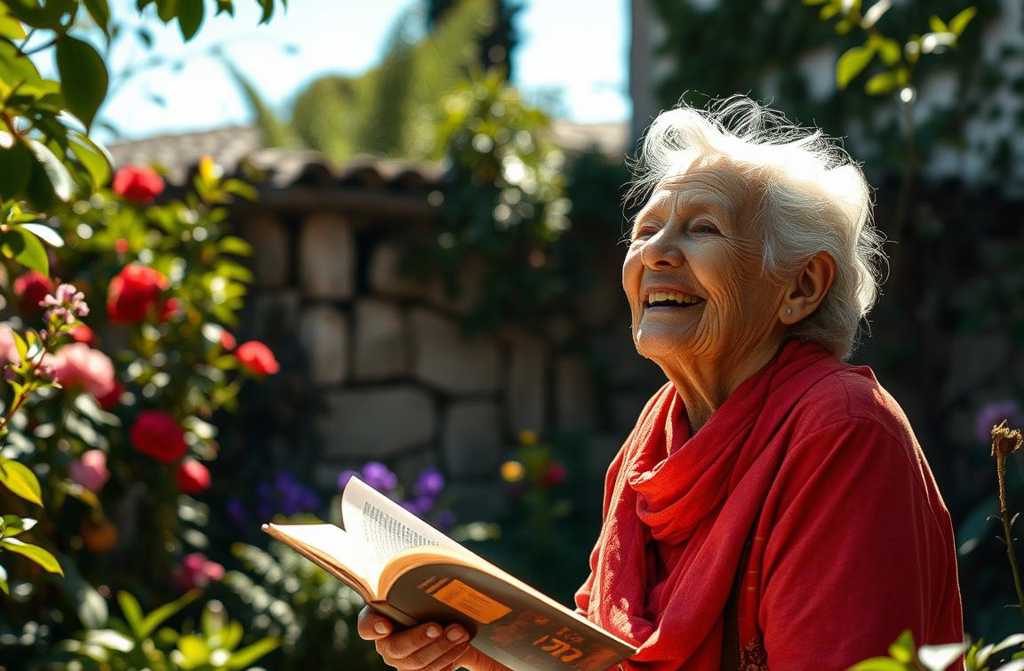З життя
This Spanish Woman Lived to 117—Here’s the Fascinating Scientific Discovery That May Explain Why

Elizabeth Whitmore lived to the remarkable age of 117, earning her the title of the worlds oldest person before her passing in England last year. Scientists now believe her extraordinary longevity might be explained by a unique combination of genetics and lifestyle, suggesting that ageing and illness dont always go hand in hand.
Researchers were intrigued by supercentenarians like Elizabethindividuals who reach 110 or olderand what their lives reveal about healthy ageing. Before her death in August 2024, she allowed British scientists to study her biology. At 116, they examined samples of her blood, saliva, urine, and stool, comparing them to data from other elderly individuals.
Though Elizabeth showed signs of advanced age, she also had surprisingly low inflammation, a gut microbiome resembling that of someone much younger, and an epigenomechanges affecting gene expressionthat defied expectations. Her genetic code also contained rare variations that appeared to shield her from heart disease, diabetes, and neurodegenerative conditions like Alzheimers and Parkinsons.
Published in *Cell Reports Medicine*, the study suggests these findings could reshape our understanding of ageing, offering new clues for extending life expectancy. While Elizabeths genes likely played a key role, her habits may have also contributed. She enjoyed a daily serving of yoghurt, maintained a balanced diet rich in vegetables and fish, prioritised sleep, stayed active, and kept a positive outlook.
Beyond health, Elizabeth led a fulfilling lifesocialising, playing the piano, gardening, and readingproving that a well-rounded existence matters just as much as genetics. The research challenges the assumption that old age inevitably brings disease, showing instead that vitality can persist under the right conditions.
Her story serves as a reminder: longevity isnt just about adding years to life, but life to those years.













